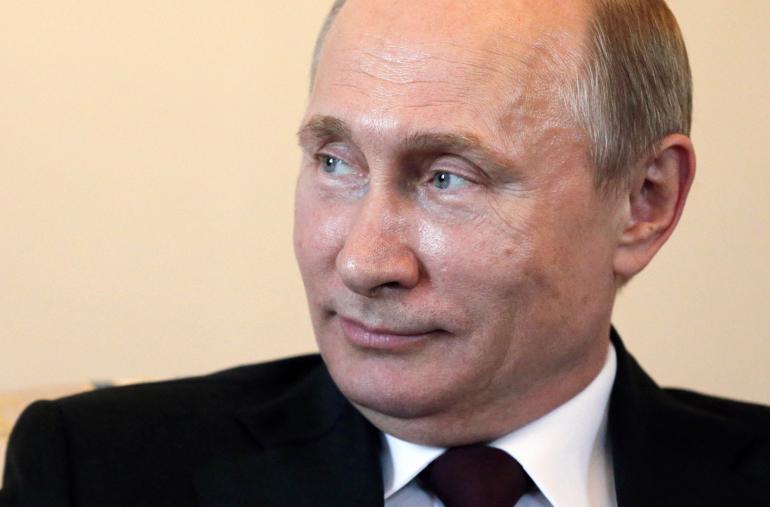Giuseppe Sandro Mela.
2017-10-06.
Intelligenti si nasce, non si diventa.
Ma la scuola del Kgb forma politici allo stato dell’arte.
Il politico è quell’uomo che sa conglutinare persone con idee e credenze differenti, che sa raccogliere consensi, che sa percepire cosa esattamente siano e vogliano i suoi interlocutori, è uomo che sa formare accordi: non compromessi, bensì accordi soddisfacenti per tutte le controparti.
Se però lo statista è sicuramente un uomo politico, altrettanto sicuramente è persona capace di orientare e guidare verso soluzioni convergenti ai suoi propri interessi. Lo statista pur stando attentamente a sentire, riesce a convincere tutti gli altri a perseguire con gioia i suoi propri interessi. Lo statista si erge di fronte la storia e la modula secondo i propri desiderata.
Sulla scena mondiale vi sono molti capi di stato, ben pochi politici, ed un solo statista: Mr Putin.
Bloomberg alla fine riconosce il Presidente Putin quale ‘Master of the Middle East’.
Ma siamo solo agli inizi.
* * * * * * * * * * *
«The Israelis and Turks, the Egyptians and Jordanians — they’re all beating a path to the Kremlin in the hope that Vladimir Putin, the new master of the Middle East, can secure their interests and fix their problems»
*
«The latest in line is Saudi King Salman, who this week is due to become the first monarch of the oil-rich kingdom to visit Moscow»
*
«It changed the reality, the balance of power on the ground»
*
«Putin has succeeded in making Russia a factor in the Middle East. That’s why you see a constant stream of Middle Eastern visitors going to Moscow»
*
«Moscow was a major power in the Middle East during the Cold War»
*
«The tables began to turn in 2013, when the U.S. under Obama decided not to attack Assad. Two years later, Putin sent troops and planes to defend him»
*
«Meanwhile the Saudis, who had financed rebels fighting against Assad, are cooperating with Russia in coaxing the opposition to unite for peace talks – which will likely cement the Syrian leader in power»
*
«Russia also rejected a U.S. demand to make the Euphrates river a dividing line between Syrian government troops and U.S.-supported forces in eastern Syria»
*
«Washington remains the indispensable power in the region …. The Kremlin is on everyone’s mind»

3 pensieri riguardo “Putin il Grande. Bloomberg lo incorona Master of the Middle East.”
I commenti sono chiusi.